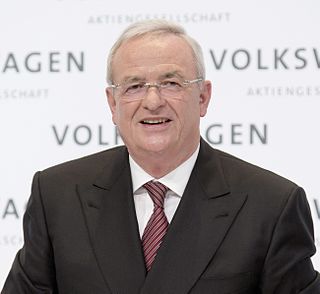Цитата Адама Кертиса
Джеймс Голдсмит важен, потому что он использовал силу рынка, чтобы разрушить уютную аристократическую элиту, управлявшую Великобританией и ее промышленностью в 1950-х и 60-х годах. При этом Голдсмит помог передать власть в этой стране от политики к рынкам и финансовому сектору.
Связанные цитаты
Предполагается, что финансовые рынки качаются как маятник: они могут сильно колебаться в ответ на экзогенные потрясения, но в конечном итоге предполагается, что они остановятся в точке равновесия, и эта точка должна оставаться одной и той же независимо от промежуточных колебаний. Вместо этого, как я сказал Конгрессу, финансовые рынки вели себя скорее как разрушительный шар, раскачиваясь из страны в страну и сбивая с ног более слабые. Трудно не прийти к выводу, что международная финансовая система сама по себе была главной составляющей процесса краха.
Для меня Твиттер — публичная персона. Это UbuWeb или Кеннет Голдсмит (в отличие от Кенни Голдсмита). Я не взаимодействую. Это паршивая форма для разговора и мнения (что вы можете сказать в 140 символах?), но прекрасный инструмент пропаганды и лозунгов. Я использую его как улицу с односторонним движением.
Я поймал себя на мысли о дистанции между 60-ми годами и сегодняшним днем через определенные моменты. Например, интервью Генри Флинта с основателем Ubuweb Кенни Голдсмитом, где он рассказывает о том, как он был травмирован тем, как гордился Джон Кейдж, не разбирающийся в популярной музыке. Голдсмит говорит: «Сегодня никто не думает дважды, прежде чем слушать все подряд!» То, что казалось таким уникальным, радикально синкретичным во времена Флинта, сейчас кажется гораздо более обыденным.
При определенных обстоятельствах финансовые рынки могут влиять на так называемые основные принципы, которые они должны отражать. Когда это происходит, рынки входят в состояние динамического неравновесия и ведут себя совершенно иначе, чем то, что считается нормальным в соответствии с теорией эффективных рынков. Такие последовательности подъемов и спадов возникают не очень часто, но когда они случаются, они могут быть очень разрушительными именно потому, что затрагивают основы экономики.
Городская Америка была отмечена красной чертой. Правительство не предложило налоговых льгот для инвестиций, как это было на дюжине иностранных рынков. Банки изменили его. Промышленность ушла, они перечеркнули это. Ясно, что для того, чтобы разрушить процесс «красной черты», должны быть стимулы для «зеленой линии» с помощью хеджирования рисков.



































